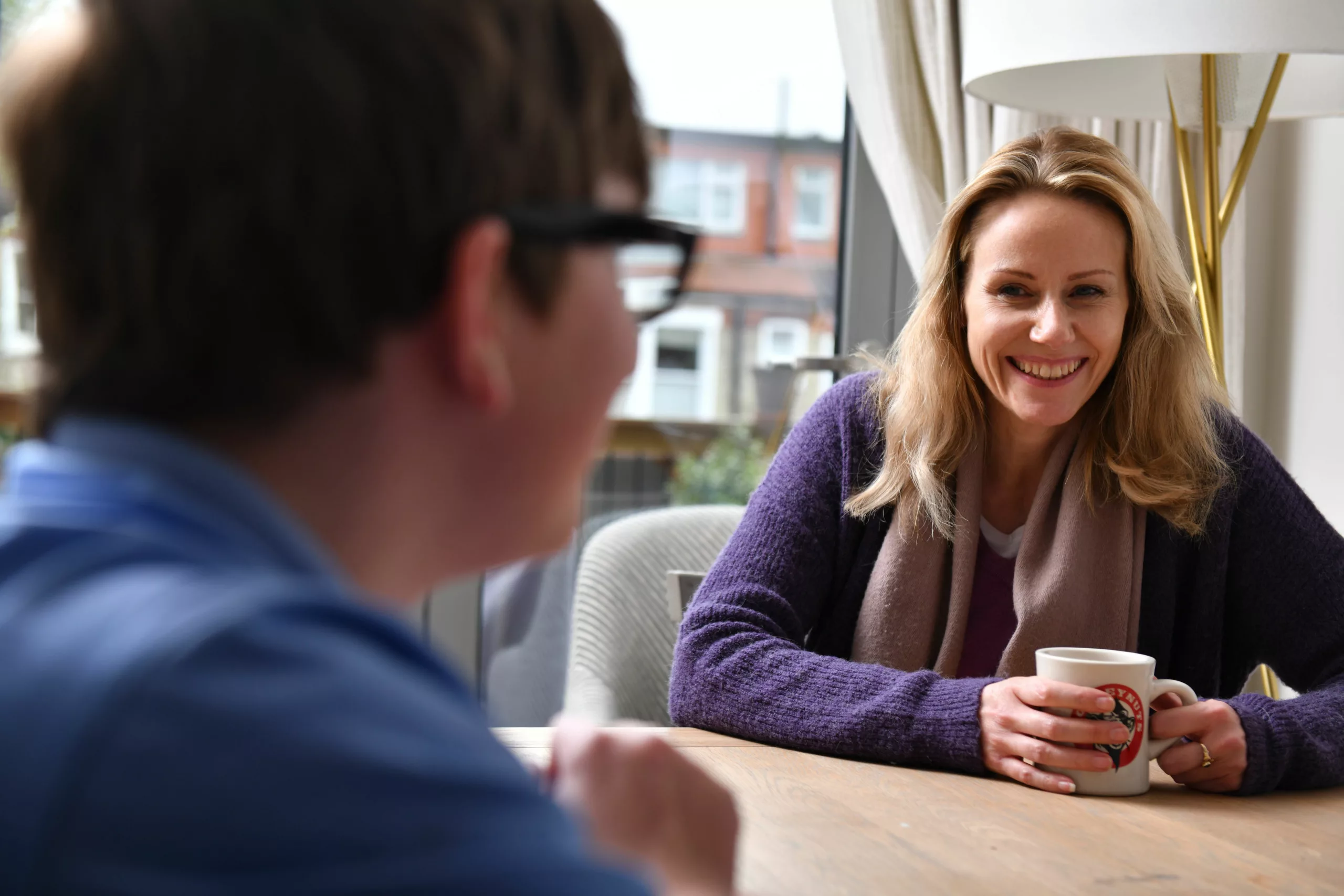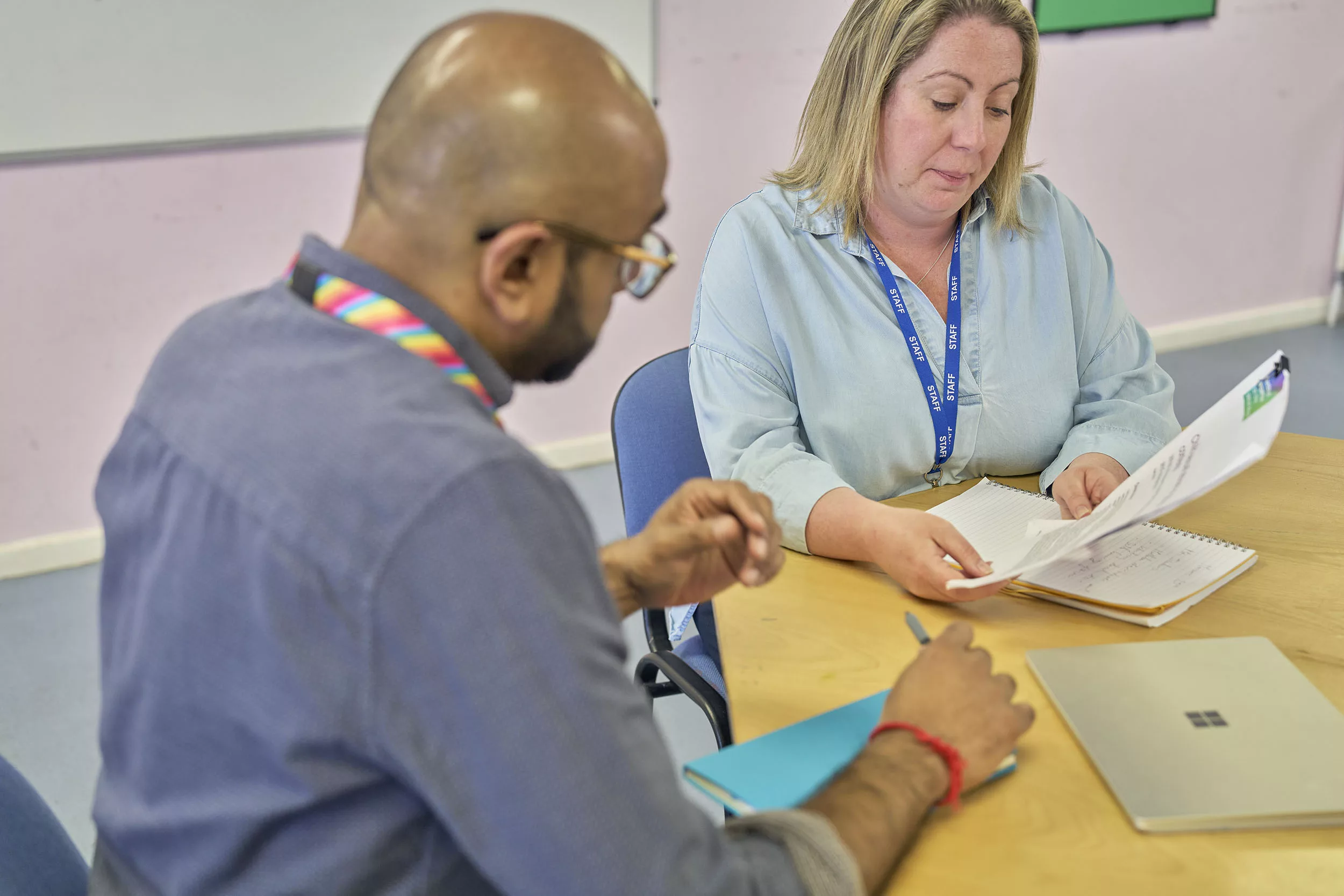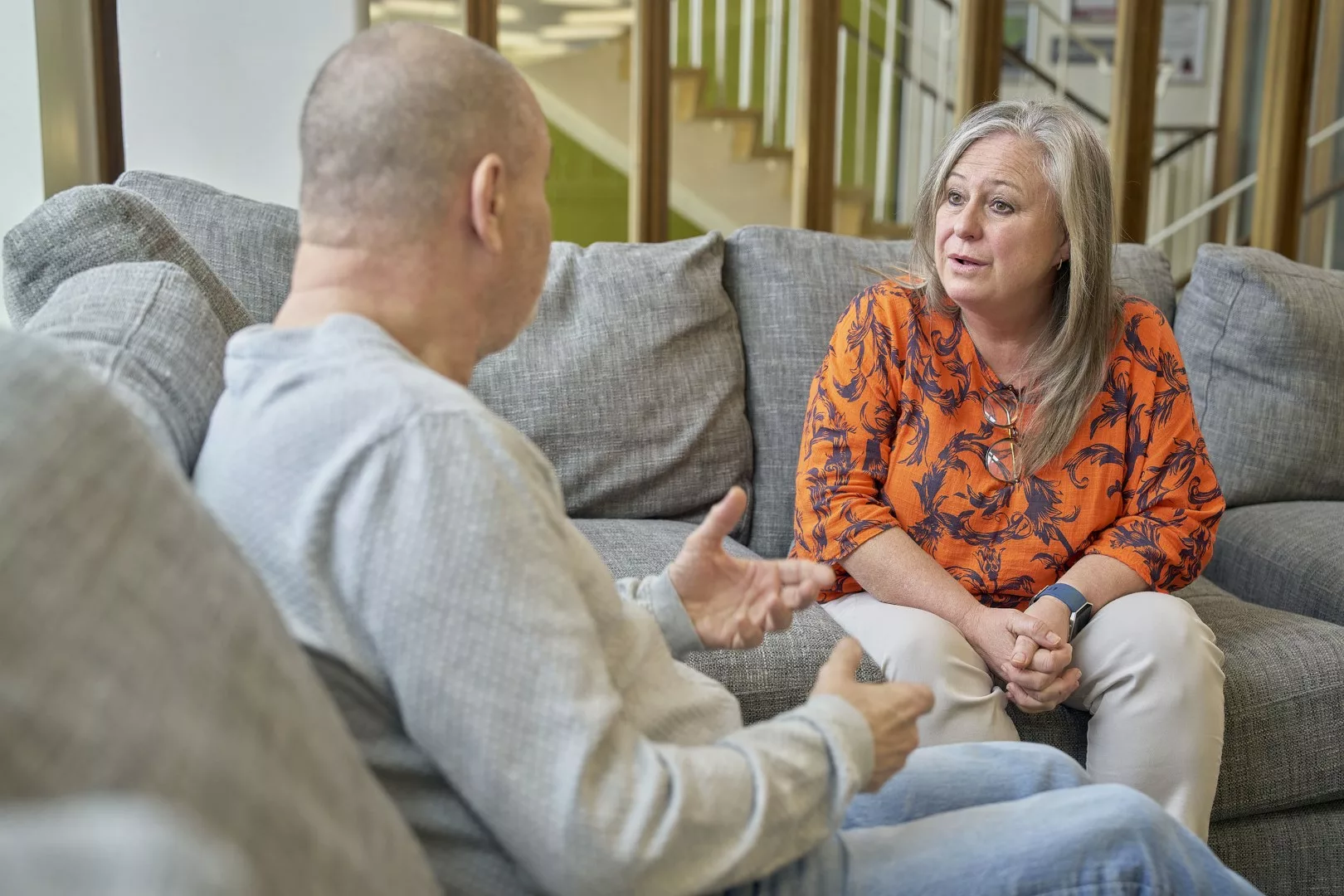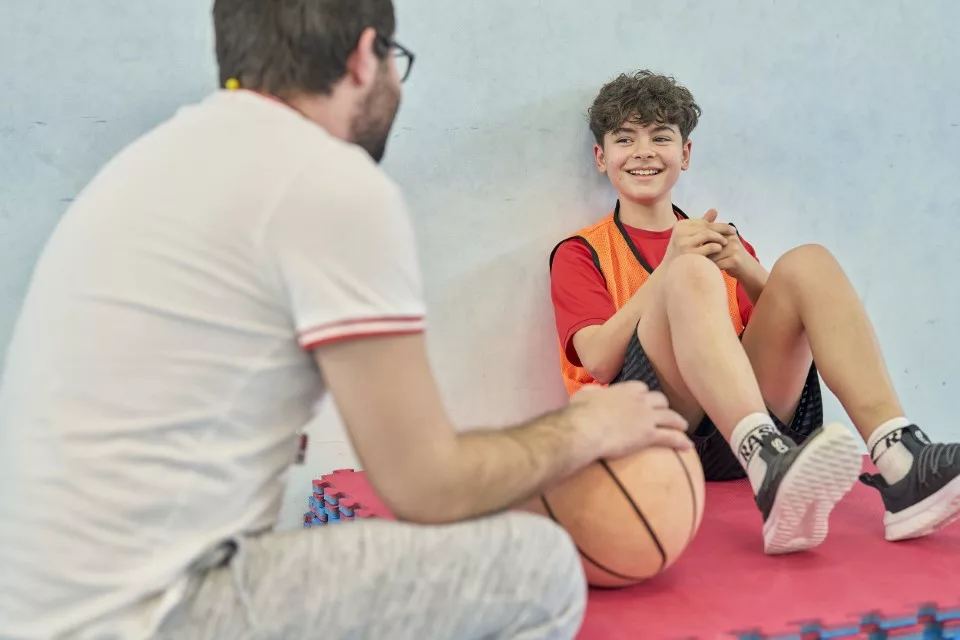
Supporting victims & survivors
Child sexual abuse can have lifelong, lasting impacts on victims, survivors and their families. This research looks at the vital role professional support can play in limiting this impact.
Support Matters
We have published our latest comprehensive study on the current landscape of service provision in response to child sexual abuse in England & Wales.
In our new Support Matters 2025 report, we found that services providing vital support to victims of child sexual abuse are at a critical point, with almost two thirds struggling to maintain their capacity and meet demand . Find out more in the full report.
Child sexual abuse of African, Asian and Caribbean heritage children
This review from CSA Centre and Barnardo’s SEEN is the first overview of research in relation to the sexual abuse of African, Asian and Caribbean heritage children.
This review explores the nature of sexual abuse, its impacts, the barriers that prevent children talking about it, and how concerns about it are identified and responded to, both within communities and by services. It draws on 79 publications, based on 59 separate research projects, and four focus group sessions with African, Asian and Caribbean heritage academics, professionals and experts by experience.
The review identifies learning and actions which could be applied to practice and also highlights the limitations and significant gaps in the research base despite a ‘research explosion’ in recent years. It brings into stark focus the need for further research to inform and drive improvements – not just in prevention, but also in the identification of and response to sexual abuse of children of African, Asian and Caribbean heritage.
Child sexual abuse of African, Asian and Caribbean heritage children: a knowledge review
by Sukhwant Dhaliwal, London Metropolitan University Child and Women Abuse Studies Unit
Improving responses to the sexual abuse of Black, Asian and minority ethnic children
In this 2021 research report, we commissioned the Race Equality Foundation (REF) to explore the perspectives of professionals working with children from Black, Asian and minority ethnic backgrounds who have experienced sexual abuse to ask them about; the needs of children, the extent to which these are being met and how professional responses could be improved.
The report identified several barriers that may prevent children from Black, Asian and minority ethnic backgrounds from speaking about sexual abuse and accessing support services, as well as a broader lack of cultural understanding by statutory agencies and service providers.
A note on language: The CSA Centre notes that the use of generic terminology when talking about ethnicity is contested, as it risks homogenising people’s experiences and masking inequalities between groups. Where appropriate, this 2021 report uses the term ‘Black, Asian and minority ethnic’ to encompass all those communities – people from any ethnic background other than White British – whose experience we wanted to explore, but the research has aimed to be as specific as possible in identifying the experiences of different groups, and to avoid generalising.
Measuring your effectiveness
Effective monitoring and evaluation within a service can be key to support effective intervention and recovery services for children at risk of or affected by sexual abuse.
Our ‘Measuring your effectiveness’ work focuses on how to design and implement monitoring and evaluation within child sexual abuse services, and provides information on carrying out internal or external evaluation. This accessible step-by-step guidance, including worksheets, enables users to develop their own monitoring and evaluation systems.
As part of this work, we funded 17 providers of child sexual abuse services in England and Wales to improve their capacity to assess and evidence their services’ effectiveness. Find the guide and see the results of our evaluation fund below.
Effectiveness of services responding to child sexual abuse
Our 2019 effectiveness studies were developed to help us understand what services are available to children and young people who have been sexually abused. They aimed to improve our understanding of the effectiveness of services’ responses, and to see how the CSA Centre could focus its work to help them in the future.
As part of these studies, we produced a knowledge review which outlines the current landscape of service provision, identifies core elements of effective practice in the field, and considers the implications for the feasibility of multi-service evaluation. We then surveyed 50 organisations who provide specific support to children at risk of or have been sexually abused.









